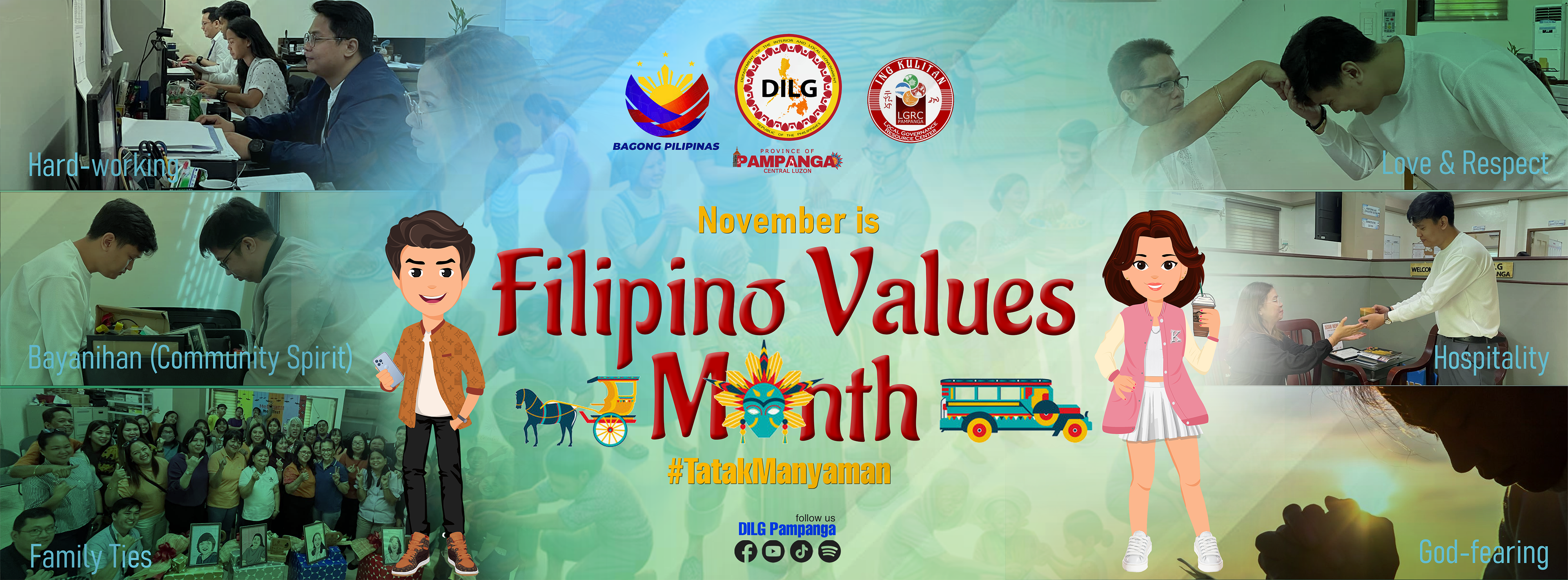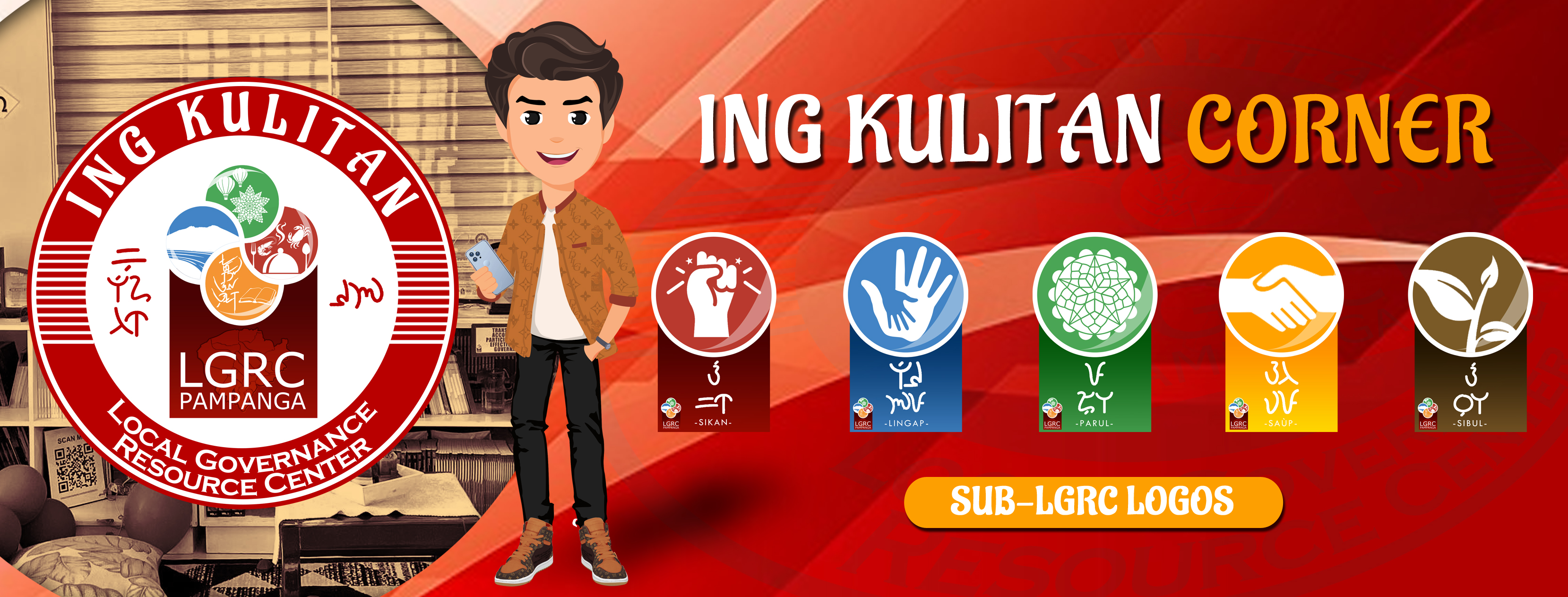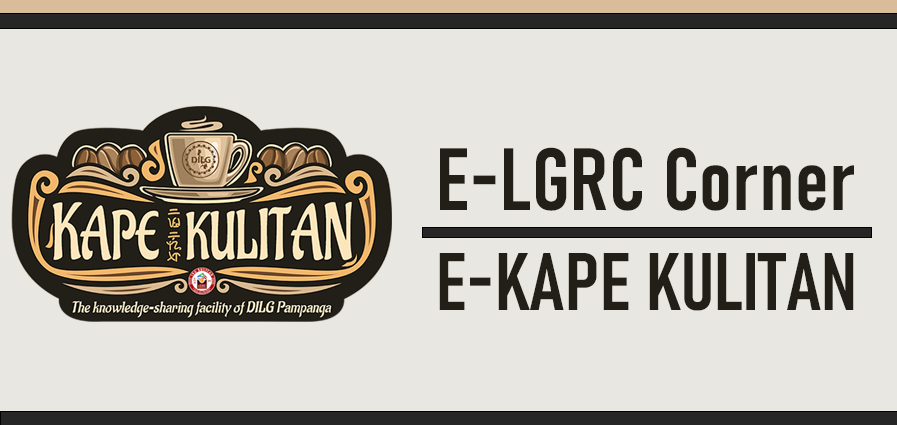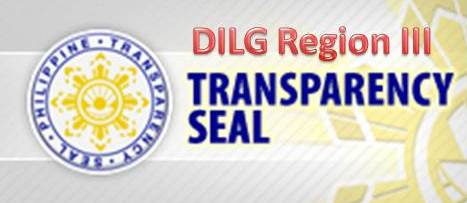- Details
- Category: NEWS AND EVENTS
- Hits: 1514
With the growing concern of the Legislative-Executive Development Advisory Council of the City of San Fernando to address the occurrence of natural disasters and calamities, the City of San Fernando had requested the DILG Region III to provide the necessary technical assistance in coordination with appropriate National Government Agencies involved in Disaster Risk Reduction and Management, in the formulation and completion of the City Disaster Risk Reduction and Management Code. Said Code will be based on Republic Act 10101.
Along this line, Mayor Oscar S. Rodriguez and Regional Director Florida M. Dijan had formally forged an agreement on January 6, 2012 at the Heroes Hall, City of San Fernando. The said activity was witnessed by all the Department Heads who formed part of the Technical Working Group who will work with DILG Region III staff. The proponent of the project, SP Member Redentor S. Halili and SP Member Ruperto D. Dumlao were also present to witness the signing of a Memorandum of Agreement that indicates a breakthrough for DILG Region III and the City of San Fernando.
The Sangguniang Panlungsod of the City of San Fernando has vowed to cause the immediate preparation of the City Disaster Risk Reduction and Management Code to put in place measures that will ensure the preparedness, capability to manage and adapt to the situation before, during and after every calamity. Furthery, they envisioned that the code shall serve as the masterplan to counter the adverse effect of natural calamities and man-made disasters to lives and properties in the city.















